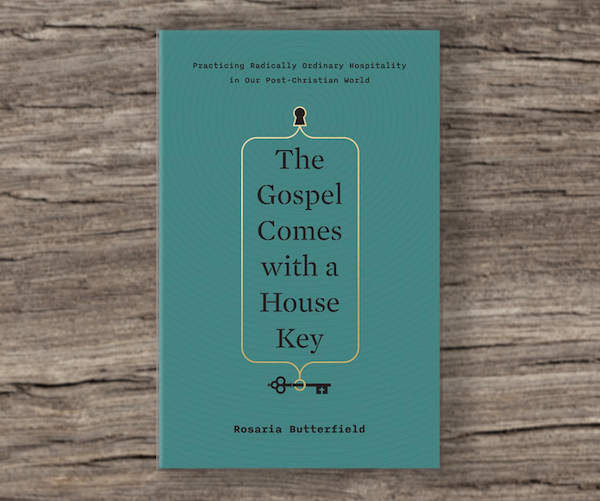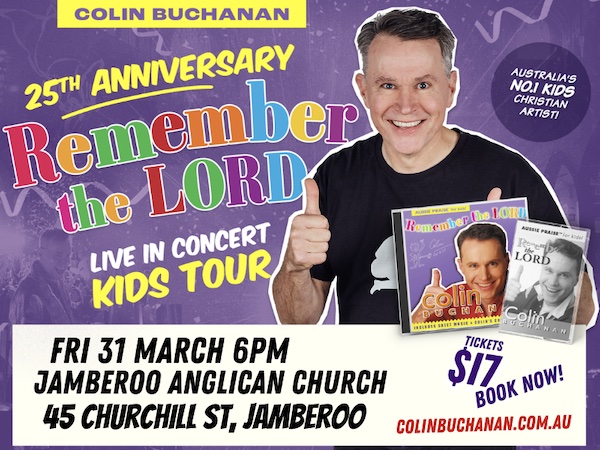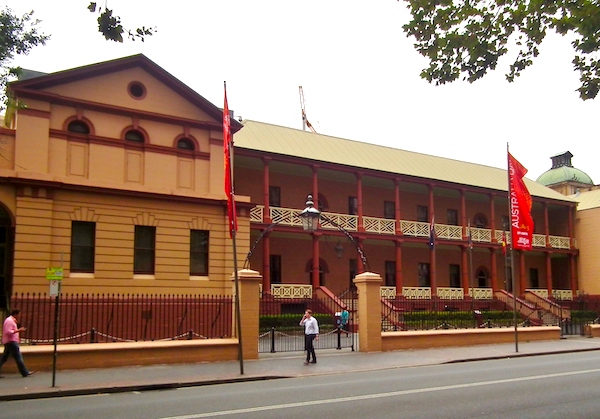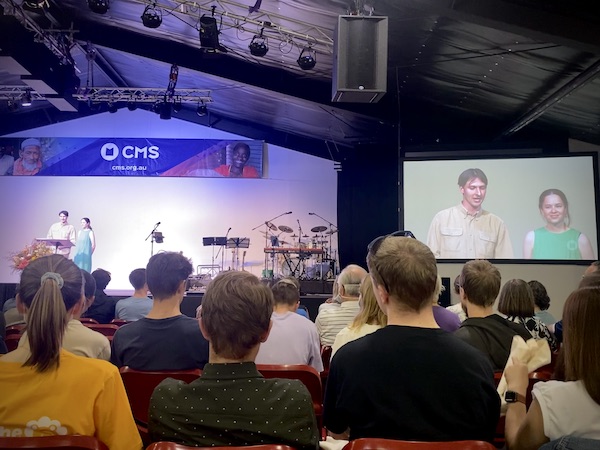Moore is coming!
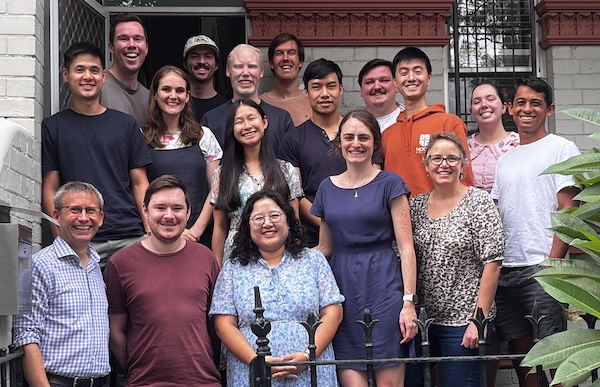
We are thrilled to welcome a team of fourteen students and two chaplains from Moore Theological College from this Sunday 26th March to Sunday 2nd April.
The ‘mission week’ is an integral part of the training of all the students as they prepare to be ministers in churches and other contexts locally and across the globe.
The theological training at Moore is world-class, and what makes it even better is the deep commitment to pastoral care that is evidenced in the strong connections with the local churches… especially those in the Diocese of Sydney.
To get a deeper experience of the training at Moore, you’re invited to attend a special ‘Ministry Minded’ evening this Tuesday night the 28th March at 7pm in our church hall.
Lionel Windsor will be delivering a theological and pastoral lecture to help stretch us as we focus on gospel ministry… especially as we consider how all of us are Christ’s ambassadors in the many areas he’s placed us to serve.
Susan An, the Dean of Women, will be helping us understand more about how Moore invests in the growth of the students, and will particularly help us understand the many opportunities for women’s ministry, especially as we embrace ‘complementarianism’ in our teaching and ministry.
We’re also going to hear from a number of the students on our team about their own journey that has brought them to study at Moore, and they’ll have an opportunity to share about how they’re praying the Lord will use them in the future.
This is one of our key events as the team is embedded in our church for just over a week… and we’re excited to learn from them and with them as we seek to have each person in our village, valley and region know how to follow Jesus, and why it matters.
That’s why we always love Moore!
JODIE McNEILL


